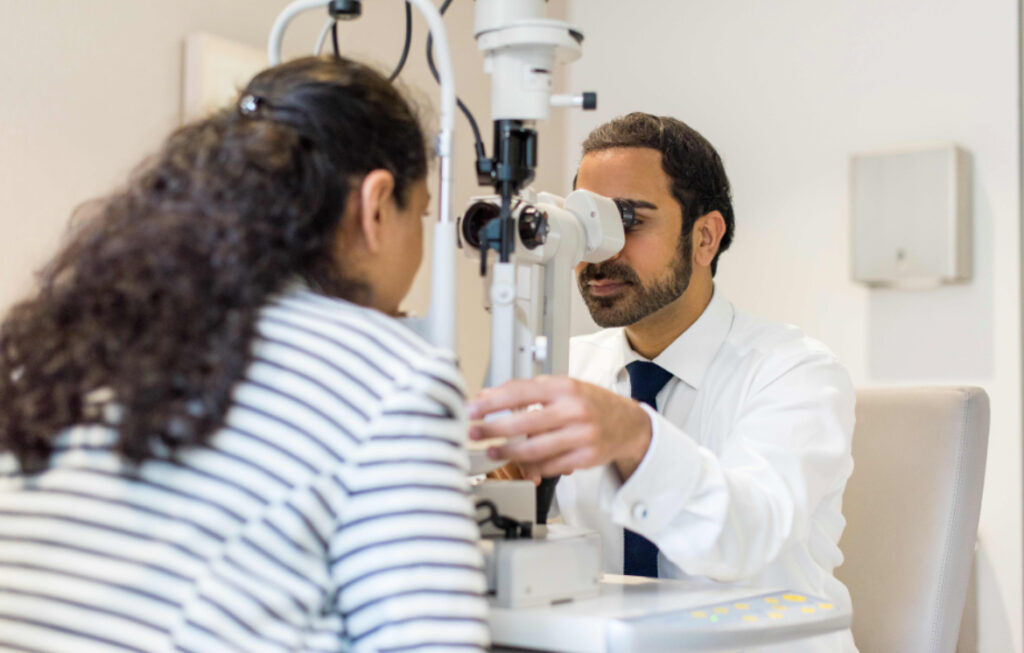Can you age proof your eyes? Advice for National Eye Health Week from local experts

Just like the rest of our body, our eyes can become inefficient as we age. The natural lens of our eyes becomes less flexible over time and therefore can’t change its shape as easily, making it more difficult to focus on objects both close-up and far away. But the good news is that there are steps we can all take to help protect our vision.
This National Eye Health Week (23-29 September 2024), leading eye hospital Optegra Eye Clinic West London (which provides NHS cataract care) is suggesting a few small lifestyle changes we can all make to ‘age-proof’ our eyes and ensure we maintain the best vision for as long as possible:
First and foremost, book regular eye health checks at your local optician – the NHS recommends every two years. This is a chance to check the health of your eye and spot any eye conditions early as well as provide support if you are short or long sighted.
Take regular breaks from screen usage especially mobile phones and computers. Use the 20-20-20 technique – every 20 minutes, look 20 feet into the distance for 20 seconds – to help your eyes adjust and re-focus.
Eat well to see well – eating a balanced diet with plenty of coloured vegetables and oily fish can really benefit eye health. The antioxidant properties of Vitamin C, found in peppers, tomatoes and strawberries, can delay the onset of cataract and age-related macular degeneration, whilst salmon contains Omega-3 which can help prevent dry eyes.
Keep moving – staying active is great for overall health and wellbeing, and can also benefit our eyesight and vision. Low impact exercise can help to reduce eye pressure, which is a major factor in glaucoma, and exercise helps to relax our facial muscles and reduce eye strain. Remember to wear protective eye wear when playing fast racquet sports – especially badminton and squash!
Mr Amir Hamid, Medical Director for Optegra, reinforces that having a regular eye test is the most important thing people can do to protect their precious eyesight. He said: “Eye tests are vitally important in picking up serious sight-threatening eye conditions.
“Many conditions such as glaucoma and Age-Related Macular Degeneration do not have any obvious symptoms at their earliest stages – and yet this is the optimum time to start treatment. An eye test will detect these conditions. Cataract can also hugely impact vision for one in three adults and should be treated before it becomes too severe.
“The best solution is to have regular eye tests, which expose any early signs of disease so we can start treatment as early as possible and secure the best outcomes.”




